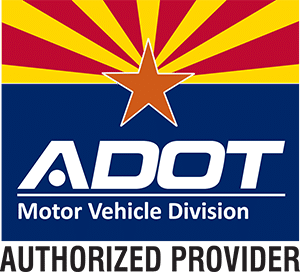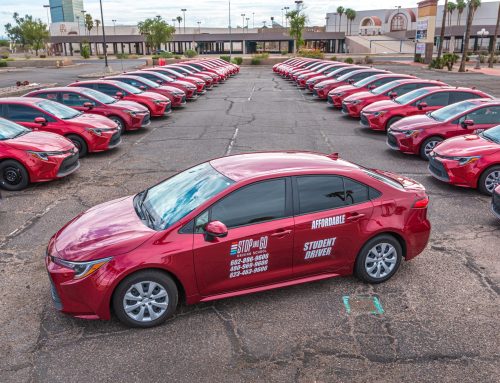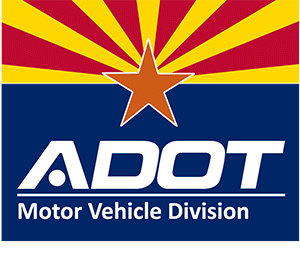Car Insurance Questions: What Do You Know?
How much do you really know about car insurance? Understanding the ins and outs of car insurance is crucial for every car owner, whether you’re a seasoned driver or just starting out. And here, we put your knowledge to the test to ensure you’re well-informed. Let’s explore some essential questions and answers that every driver should know.
What is the minimum amount of coverage you’re legally required to have?
Answer: The minimum type of car insurance required by law usually includes Liability Coverage.
Most states, including Arizona, mandate that drivers carry liability insurance, which typically includes bodily injury liability (covering injuries to others) and property damage liability (covering damages to other people’s property). This basic coverage ensures that drivers can compensate others for harm or damage they cause.
How much coverage is enough?
Answer: The amount of coverage you need depends on factors such as your vehicle’s value, your financial situation, and your risk tolerance.
The minimum required coverage provides a basic level of protection, but it may not be sufficient in all cases. Consider factors like potential cost repairs, the likelihood of accidents, and your ability to pay out-of-pocket costs. For greater protection, consider additional coverage, such as collision and comprehensive coverage or higher liability limits.
What’s the difference between comprehensive and collision coverage?
Answer: Collision coverage pays for damage to your car from a collision with another vehicle or object, while comprehensive coverage covers non-collision events like theft, vandalism, and natural disasters.
Collision coverage is specifically for incidents involving other vehicles or objects, providing protection regardless of who’s at fault. Comprehensive coverage, on the other hand, covers a wider range of incidents that can damage your car.
Do you need uninsured and underinsured motorist coverage?
Answer: Some states require drivers to have both types of coverage. In others, it’s optional but highly recommended.
These types of coverage protect you if you’re involved in an accident with a driver who either doesn’t have insurance or doesn’t have enough insurance to cover the costs of the damage. Even if not required in your state, having this coverage can save you from out-of-pocket expenses and ensure you receive adequate compensation.
What does roadside assistance cover?
Answer: Roadside assistance typically covers services like towing, battery jump-starts, flat tire changes, fuel delivery, and lockout assistance.
Roadside assistance can be a valuable add-on to your car insurance policy, offering help in emergencies when your car is disabled. Whether you lost a key or blew a tire, this coverage ensures you’re not stranded on the road and can get back on your way.
How do claims impact your insurance rate?
Answer: Filing a claim can lead to an increase in your insurance premium, especially if you are at fault.
Insurers view certain claims, such as multiple at-fault accidents, as indicators of risk, which can result in higher rates. Some insurers offer accident forgiveness to prevent your first accident from increasing your premium.
Can you get discounts on your car insurance?
Answer: Yes, many insurers offer discounts for various reasons, including good driving records, good student discounts, multiple policies, safety features, and more.
Car insurance discounts can significantly reduce your premium. Common discounts include those for bundling multiple policies (like home and auto) with the same insurance company, having a clean driving record, and taking defensive driving courses. Review available discounts regularly to take advantage of any new opportunities.
Whether you’re looking to lower insurance premiums or simply strengthen your driving skills, our expert driving instructors are here to help. Register for a driving course today and take the next step toward becoming a safer driver.








